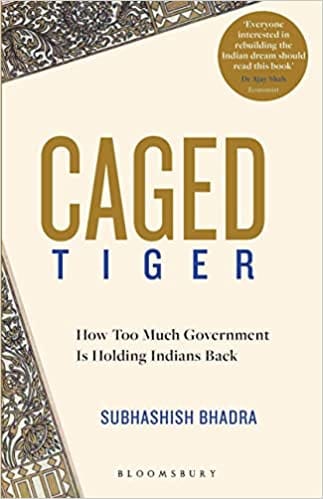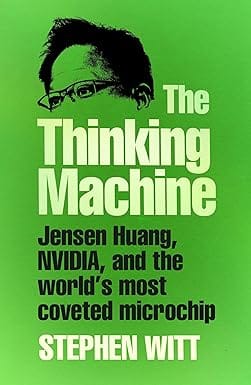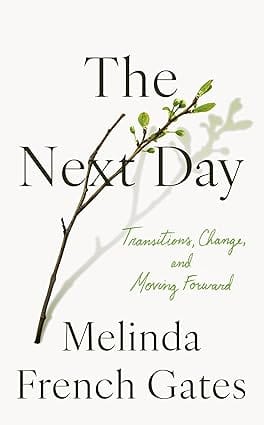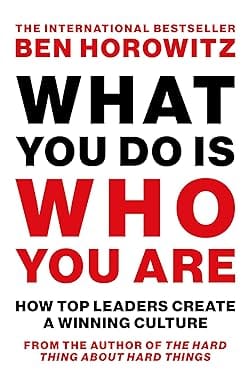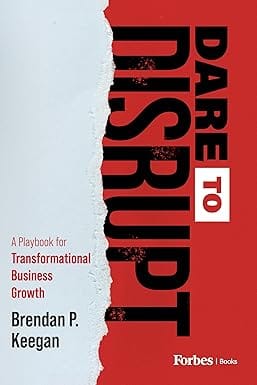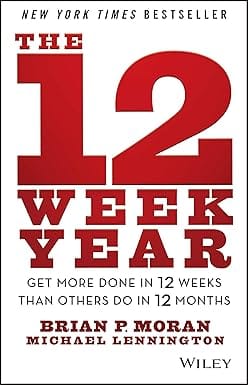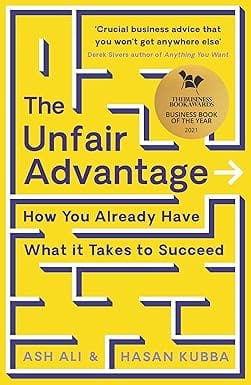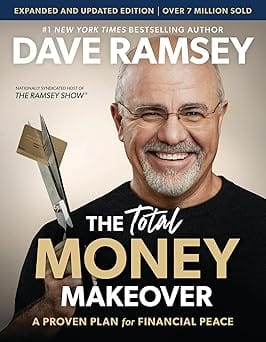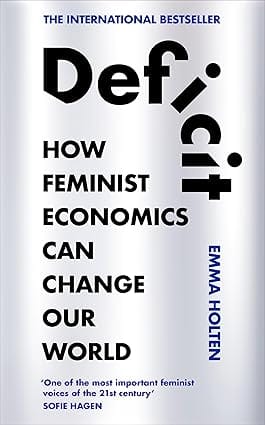-
Contemporary Fiction
- Contemporary Fiction
-
Children
- Children
-
Comics & Graphic Novels
- Comics & Graphic Novels
-
Non-Fiction
- Non-Fiction
-
Fiction
- Fiction
What is common between the censorship of the film Padmaavat and artificially high 'minimum' support prices for crops? If the police comes down so heavily on peaceful anti-CAA protestors, why did it not show the same harshness towards those violating the COVID-19 lockdown? Why is an otherwise powerful Election Commission unable to enforce free and fair elections within political parties or fully weed out criminals from politics?
The common factor is faulty institutional design, which is eating away at the foundations of our society. Leaders come and go, but institutions stay forever. Only a consistent focus on better institutions can help India have a more robust economy, media, police, parliament, internet and cultural life. Yet, discussions on institutions have been restricted to academic circles.
Keeping aside ideological biases of Left or Right, Caged Tiger brings alive the rich yet unseen story of India's institutions. It combines deep research and complex frameworks, converting them into the vocabulary and cultural context of millennials and Gen Z. It goes all the way back to the British Raj, exploring the origins of modern Indian institutions. Tracing additions by subsequent governments, from Nehru's to Modi's, it identifies policies that keep Indians suppressed and how each of us can change them. It is, in short, young India's guide to becoming smarter about the issues that matter.
Review
Caged Tiger cuts through the shallow fog of public discourse. It provides depth to our understanding of how our institutions work, why they often fail and how we can fulfil our civic duty. It is accessible and essential reading for every critical Indian. -- Apar Gupta, Co-founder and Executive Director, Internet Freedom Foundation
An insightful book on how the Indian state often hinders rather than helps the people it is meant to serve, and how institutional change is as much the job of citizens as it is of reformists within government. -- Dr Niranjan Rajadhyaksha, Resident Senior Fellow, Artha Global
Everyone interested in rebuilding the Indian dream should read this book. -- Dr Ajay Shah, Economist
Caged Tiger provides excellent insights into our institutions. Well-researched and engaging, the book establishes Subhashish Bhadra as an insightful young voice. -- C.V. Madhukar, CEO, Co-Develop, and Founder, PRS Legislative Research
A must-read for everyone who cares about the future of India. -- Arghya Sengupta, Founder, Vidhi Centre for Legal Policy
Book Description
About the Author
- Home
- Business And Economics
- Caged Tiger How Too Much Government Is Holding Indians Back
Caged Tiger How Too Much Government Is Holding Indians Back
SIZE GUIDE
- ISBN: 9789354359699
- Author: Subhashish Bhadra
- Publisher: Bloomsbury
- Pages: 272
- Format: Hardback
Book Description
What is common between the censorship of the film Padmaavat and artificially high 'minimum' support prices for crops? If the police comes down so heavily on peaceful anti-CAA protestors, why did it not show the same harshness towards those violating the COVID-19 lockdown? Why is an otherwise powerful Election Commission unable to enforce free and fair elections within political parties or fully weed out criminals from politics?
The common factor is faulty institutional design, which is eating away at the foundations of our society. Leaders come and go, but institutions stay forever. Only a consistent focus on better institutions can help India have a more robust economy, media, police, parliament, internet and cultural life. Yet, discussions on institutions have been restricted to academic circles.
Keeping aside ideological biases of Left or Right, Caged Tiger brings alive the rich yet unseen story of India's institutions. It combines deep research and complex frameworks, converting them into the vocabulary and cultural context of millennials and Gen Z. It goes all the way back to the British Raj, exploring the origins of modern Indian institutions. Tracing additions by subsequent governments, from Nehru's to Modi's, it identifies policies that keep Indians suppressed and how each of us can change them. It is, in short, young India's guide to becoming smarter about the issues that matter.
Review
Caged Tiger cuts through the shallow fog of public discourse. It provides depth to our understanding of how our institutions work, why they often fail and how we can fulfil our civic duty. It is accessible and essential reading for every critical Indian. -- Apar Gupta, Co-founder and Executive Director, Internet Freedom Foundation
An insightful book on how the Indian state often hinders rather than helps the people it is meant to serve, and how institutional change is as much the job of citizens as it is of reformists within government. -- Dr Niranjan Rajadhyaksha, Resident Senior Fellow, Artha Global
Everyone interested in rebuilding the Indian dream should read this book. -- Dr Ajay Shah, Economist
Caged Tiger provides excellent insights into our institutions. Well-researched and engaging, the book establishes Subhashish Bhadra as an insightful young voice. -- C.V. Madhukar, CEO, Co-Develop, and Founder, PRS Legislative Research
A must-read for everyone who cares about the future of India. -- Arghya Sengupta, Founder, Vidhi Centre for Legal Policy
Book Description
About the Author
User reviews
NEWSLETTER
Subscribe to get Email Updates!
Thanks for subscribing.
Your response has been recorded.

India's Iconic & Independent Book Store offering a vast selection of books across a variety of genres Since 1978.
"We Believe In The Power of Books" Our mission is to make books accessible to everyone, and to cultivate a culture of reading and learning. We strive to provide a wide range of books, from classic literature, sci-fi and fantasy, to graphic novels, biographies and self-help books, so that everyone can find something to read.
Whether you’re looking for your next great read, a gift for someone special, or just browsing, Midland is here to make your book-buying experience easy and enjoyable.
We are shipping pan India and across the world.
For Bulk Order / Corporate Gifting
 +91 9818282497 |
+91 9818282497 |  [email protected]
[email protected]
Click To Know More
INFORMATION
POLICIES
ACCOUNT
QUICK LINKS
ADDRESS
Shop No.20, Aurobindo Palace Market, Near Church, New Delhi

